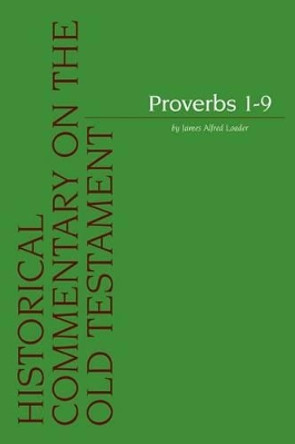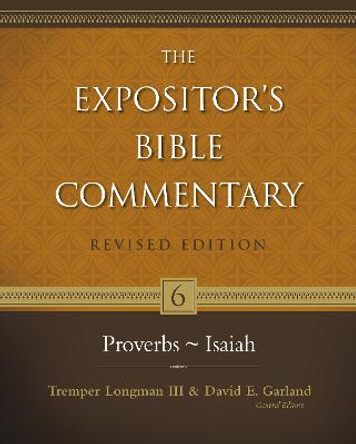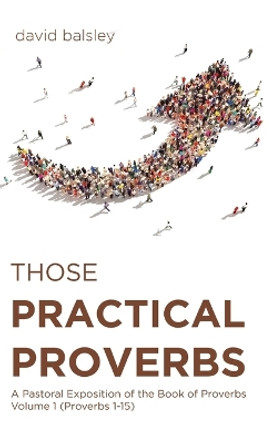Description
The Word Biblical Commentary delivers the best in biblical scholarship, from the leading scholars of our day who share a commitment to Scripture as divine revelation. This series emphasizes a thorough analysis of textual, linguistic, structural, and theological evidence. The result is judicious and balanced insight into the meanings of the text in the framework of biblical theology. These widely acclaimed commentaries serve as exceptional resources for the professional theologian and instructor, the seminary or university student, the working minister, and everyone concerned with building theological understanding from a solid base of biblical scholarship.
Overview of Commentary Organization
- Introduction-covers issues pertaining to the whole book, including context, date, authorship, composition, interpretive issues, purpose, and theology.
- Each section of the commentary includes:
- Pericope Bibliography-a helpful resource containing the most important works that pertain to each particular pericope.
- Translation-the author's own translation of the biblical text, reflecting the end result of exegesis and attending to Hebrew and Greek idiomatic usage of words, phrases, and tenses, yet in reasonably good English.
- Notes-the author's notes to the translation that address any textual variants, grammatical forms, syntactical constructions, basic meanings of words, and problems of translation.
- Form/Structure/Setting-a discussion of redaction, genre, sources, and tradition as they concern the origin of the pericope, its canonical form, and its relation to the biblical and extra-biblical contexts in order to illuminate the structure and character of the pericope. Rhetorical or compositional features important to understanding the passage are also introduced here.
- Comment-verse-by-verse interpretation of the text and dialogue with other interpreters, engaging with current opinion and scholarly research.
- Explanation-brings together all the results of the discussion in previous sections to expose the meaning and intention of the text at several levels: (1) within the context of the book itself; (2) its meaning in the OT or NT; (3) its place in the entire canon; (4) theological relevance to broader OT or NT issues.
- General Bibliography-occurring at the end of each volume, this extensive bibliographycontains all sources used anywhere in the commentary.
About the Author
Roland E. Murphy, O. Carm., is George Washington Ivey Emeritus Professor of Biblical Studies of Duke University. His degrees include an S.T.D. in Theology, an M.A. in Semitic Languages from Catholic University of America, and an S.S.L. from Biblical Institute in Rome. He served as co-editor of the New Oxford Annotated Bible. His previous books include commentaries on The Song of Songs in the Hermeneia series and Ecclesiastes in the Word Biblical Commentary series, and The Tree of Life: An Exploration of Biblical Wisdom Literature. Bruce M. Metzger (1914 - 2007) was a biblical scholar, textual critic, and a longtime professor at Princeton Theological Seminary. Metzger is widely considered one of the most influential New Testament scholars of the 20th century. He was a general editor of the Word Biblical Commentary (1997 - 2007). David Allan Hubbard (1928 - 1996), former president and professor of Old Testament at Fuller Theological Seminary in Pasadena, California, was a recognized biblical scholar. In addition to over 30 books, he has written numerous articles for journals, periodicals, reference works. He was a general editor of the Word Biblical Commentary (1977 - 1996). Glenn W. Barker (d. 1984) was a general editor of the Word Biblical Commentary (1977 - 1984). John D. W. Watts (1921 - 2013) was President of the Baptist Theological Seminary, Ruschlikon, Switzerland, and served as Professor of Old Testament at that institution, at Fuller Theological Seminary, and the Southern Baptist Theological Seminary in Louisville, Kentucky. His numerous publications include commentaries on Isaiah (2 volumes), Amos, and Obadiah. He was Old Testament editor of the Word Biblical Commentary (1977 - 2011). James W. Watts is a professor and chair of the Department of Religion at Syracuse University. His teaching and research interests include biblical studies, especially the Torah/Pentateuch, ritual theories, rhetorical analysis, and comparative scriptures studies. He is a co-founder of the Iconic Books Project. He had served as the associate Old Testament editor of the Word Biblical Commentary (1997 - 2011). Ralph P. Martin (1925-2013) was Distinguished Scholar in Residence at Fuller Theological Seminary and a New Testament Editor for the Word Biblical Commentary series. He earned the BA and MA from the University of Manchester, England, and the PhD from King's College, University of London. He was the author of numerous studies and commentaries on the New Testament, including Worship in the Early Church, the volume on Philippians in The Tyndale New Testament Commentary series. He also wrote 2 Corinthians and James in the WBC series. Lynn Allan Losie is Associate Professor of New Testament at Azusa Pacific University. A generalist in New Testament studies, Dr. Losie teaches courses in the Gospels, the Acts of the Apostles, and the Pauline Epistles, as well as in the background areas of Greek, early Judaism, and the greater Hellenistic World. He has published articles on the New Testament and had served as the associate New Testament editor of the Word Biblical Commentary (1997 - 2013). Ordained as a Baptist minister, he has also served in pastoral ministry in Southern California and Oregon.
Book Information
ISBN 9780310522065
Author Roland E. Murphy
Format Hardback
Page Count 384
Imprint Zondervan Academic
Publisher Zondervan
Weight(grams) 580g
Dimensions(mm) 235mm * 160mm * 35mm









